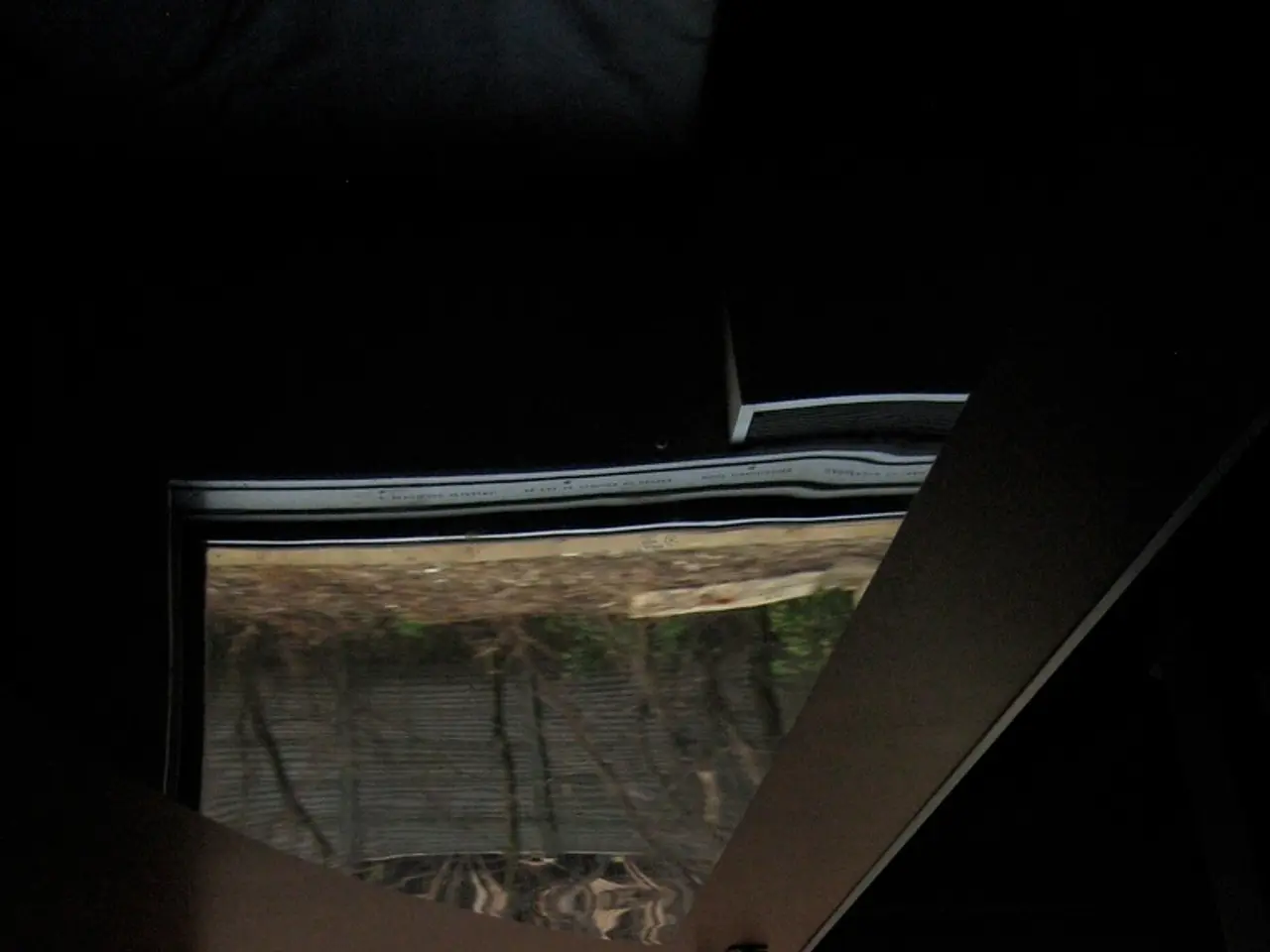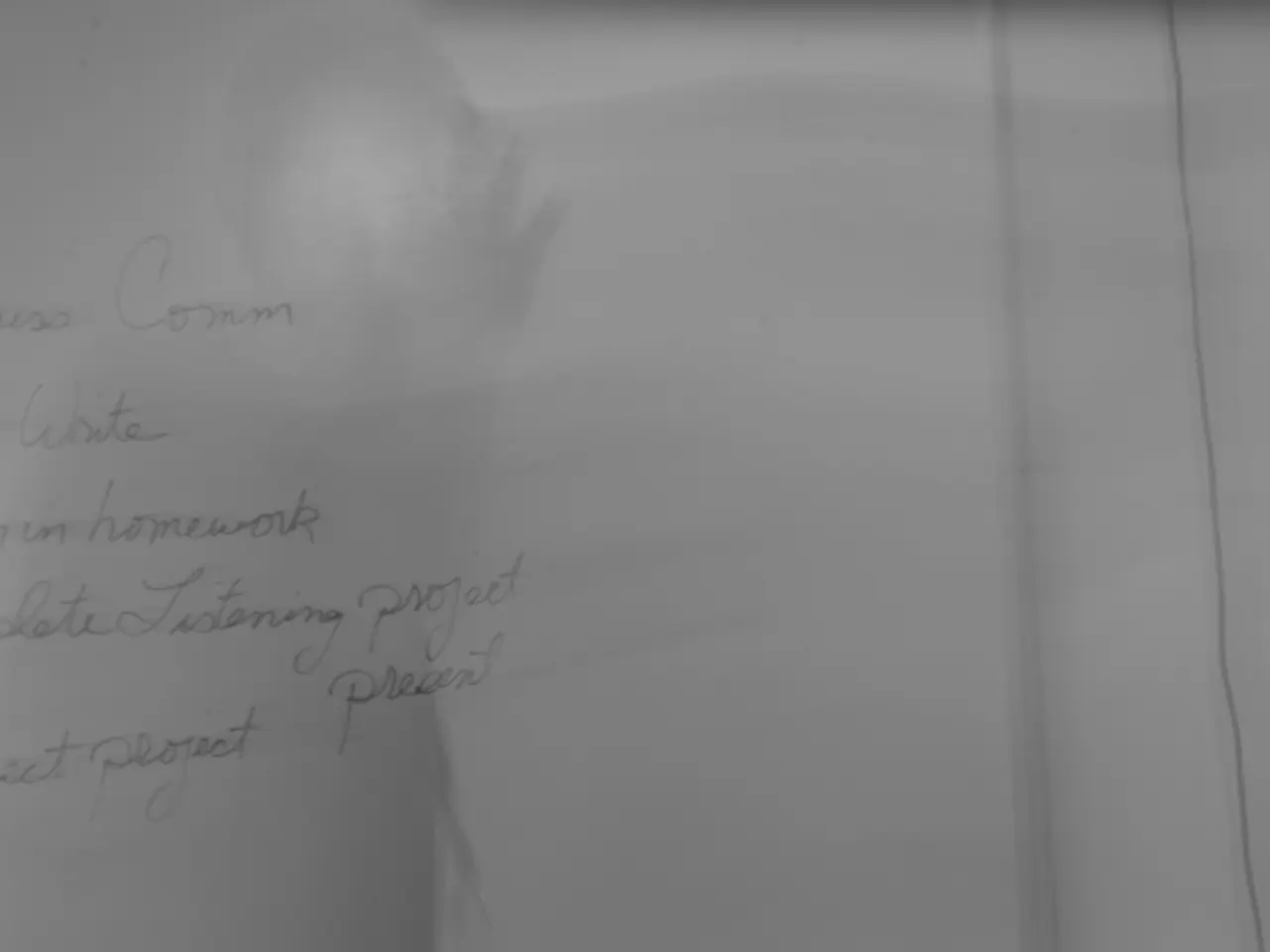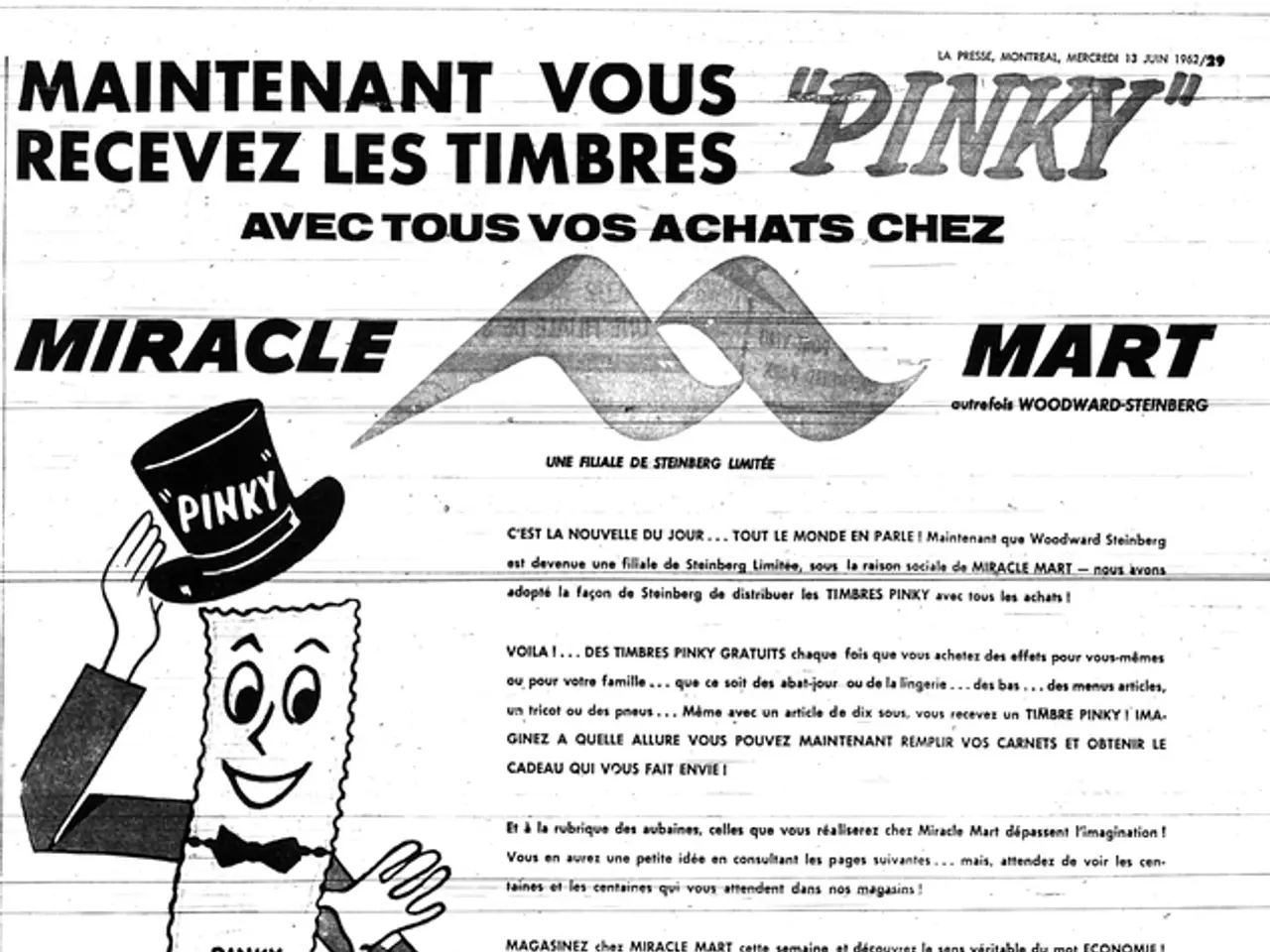Examining Various Financing Options for Windows: Key Elements to Examine and Pitfalls to Steer Clear Of
For many homeowners, the significant investment involved in window replacement can make financing an attractive option. However, it's essential to approach this decision with caution, as not all financing methods are created equal. Here, we explore the main window financing options available and their pros and cons.
No-Interest Promotional Financing
No-interest promotional financing, such as 12 months with no interest, can seem like a great deal. Here are its pros and cons:
- Pros: No upfront fees, no interest if paid within the promotional period, convenient monthly payments, and the ability to increase home value sooner without a large immediate expense.
- Cons: Interest begins accruing if the balance is unpaid after the promotion, potential for higher payments later, and requiring discipline to pay off in time.
Home Equity Loans or Lines of Credit (HELOC)
Home equity loans or lines of credit offer lower interest rates because the loan is secured by your home. Key points to consider:
- Pros: Generally larger loan amounts suitable for extensive window projects, longer repayment terms, and lower interest rates.
- Cons: Requires enough home equity, good credit, and puts your home at risk if you default; closing costs and fees may apply.
Personal Loans
Unsecured personal loans offer faster and easier approval processes. Here's what you need to know:
- Pros: No home equity required, flexible for smaller projects, and higher interest rates than home equity loans, but typically shorter repayment periods resulting in higher monthly payments.
- Cons: Higher interest rates and potentially shorter repayment periods.
Home Renovation Loans
Home renovation loans, such as FHA 203(k) and VA renovation loans, bundle home purchase and renovation costs in one loan. Key considerations include:
- Pros: May have lower credit score requirements (FHA), VA loans offer no down payment and no ongoing mortgage insurance for veterans, usually lower interest rates, and may require lower minimum down payments versus conventional loans.
- Cons: FHA loans require mortgage insurance for life, higher minimum down payments versus conventional loans, VA loans are limited to eligible veterans and service members, and not all lenders offer these specialized loans.
When considering window financing, it's essential to evaluate your credit profile, how soon you can repay, and whether you have sufficient home equity. Each option balances cost, risk, and flexibility differently.
Remember to read the fine print, as terms will vary by lender. Avoid financing tied to unnecessary upsells and be wary of high-pressure sales tactics. Also, be aware that most 0% window financing offers are valid only for the specified promotional period.
Lastly, using a credit card for window financing is risky due to high interest rates and potential for accrued interest. Always compare offers side by side, including terms, APR, and total repayment amount, to make an informed decision.
- In the window replacement industry, homeowners may consider financing options for significant investments, such as personal loans, home equity loans or lines of credit (HELOC), home renovation loans, and no-interest promotional financing.
- No-interest promotional financing, like 12 months with no interest, can seem attractive due to no upfront fees, convenient monthly payments, and the potential for immediate home value increase, but caution is advised as interest begins accruing if the balance remains unpaid after the promotion.
- Home equity loans or lines of credit offer lower interest rates, but require home equity, good credit, and potentially come with closing costs and fees, while unsecured personal loans have faster and easier approval processes but typically have higher interest rates and shorter repayment periods.




